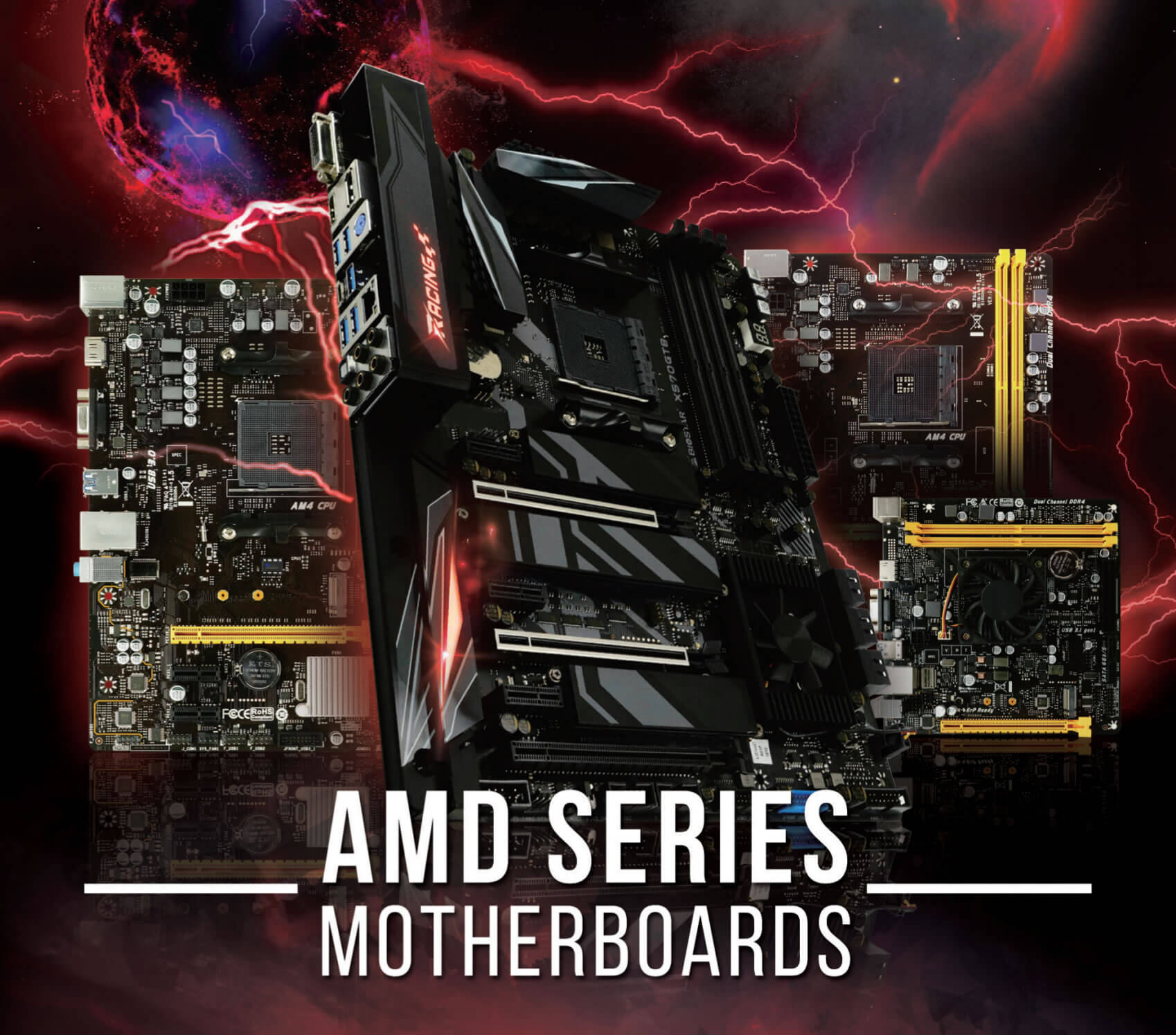Highly anticipated: AMD's pinnacle X570 chipset is perhaps as hotly-anticipated as its Ryzen 3000 chips, and for good reason. Early leaks, like this one from Biostar, show off what appears to be much better memory capability and a seriously beefy power delivery system. There's also the arrival of PCIe 4.0, which has been rumored to come to consumers with AMD's X570 motherboards.
AMD is expected to announce its much anticipated Ryzen 3000 series of processors at Computex 2019. Along with that, we also expect to hear about its new flagship chipset, the rumored X570 platform. However, thanks to Biostar, we can get an early glimpse of what the X570 chipset will offer.
Biostar has ended up leaking its flagship socket AM4 X570 motherboard, by way of a PDF catalog posted to its website. The Racing X570GT8 motherboard looks similar in aesthetics to Biostar's other motherboards in its Racing series, which is certainly an acquired taste. More interesting though is the focus on power delivery.
The Racing X570GT8 sports a 12-phase VRM, presumably to accommodate 12-core and 16-core Ryzen 3000 parts. It's also interesting to see a fan on the chipset itself, which gives traction to the speculation that the chipset's power envelope will be substantially higher than AMD's 400-series chipsets, primarily due to the PCIe 4.0 connections.
The board comes with three PCIe x16 slots (x16, x8, x4), and while the specifications sheet doesn't explicitly say so, they should be PCIe 4.0; rumors have long suggested that AMD's X570 chipset would be the first to support the new PCIe 4.0 specification.
Memory support has been something of a chink in the armor for Ryzen, as frequency thresholds have been relatively low on past generations. It's a good sign to see DDR4-4000 support (after overclocking), indicating that AMD has overcome some of the past memory limitations of early Ryzen platforms. There has been talk about Zen 2 supporting BIOS settings allowing for memory overclocking up to 5000 MHz, but we'll have to wait and see about that.
Other amenities include USB 3.1 Gen 2, USB 3.1 Gen 1, and three M.2 slots – one being denoted as "PCIe Gen 4 x4" and capable of 32 Gb/s of throughput. We'll see how many of these specifications are substantiated at Computex this year.

